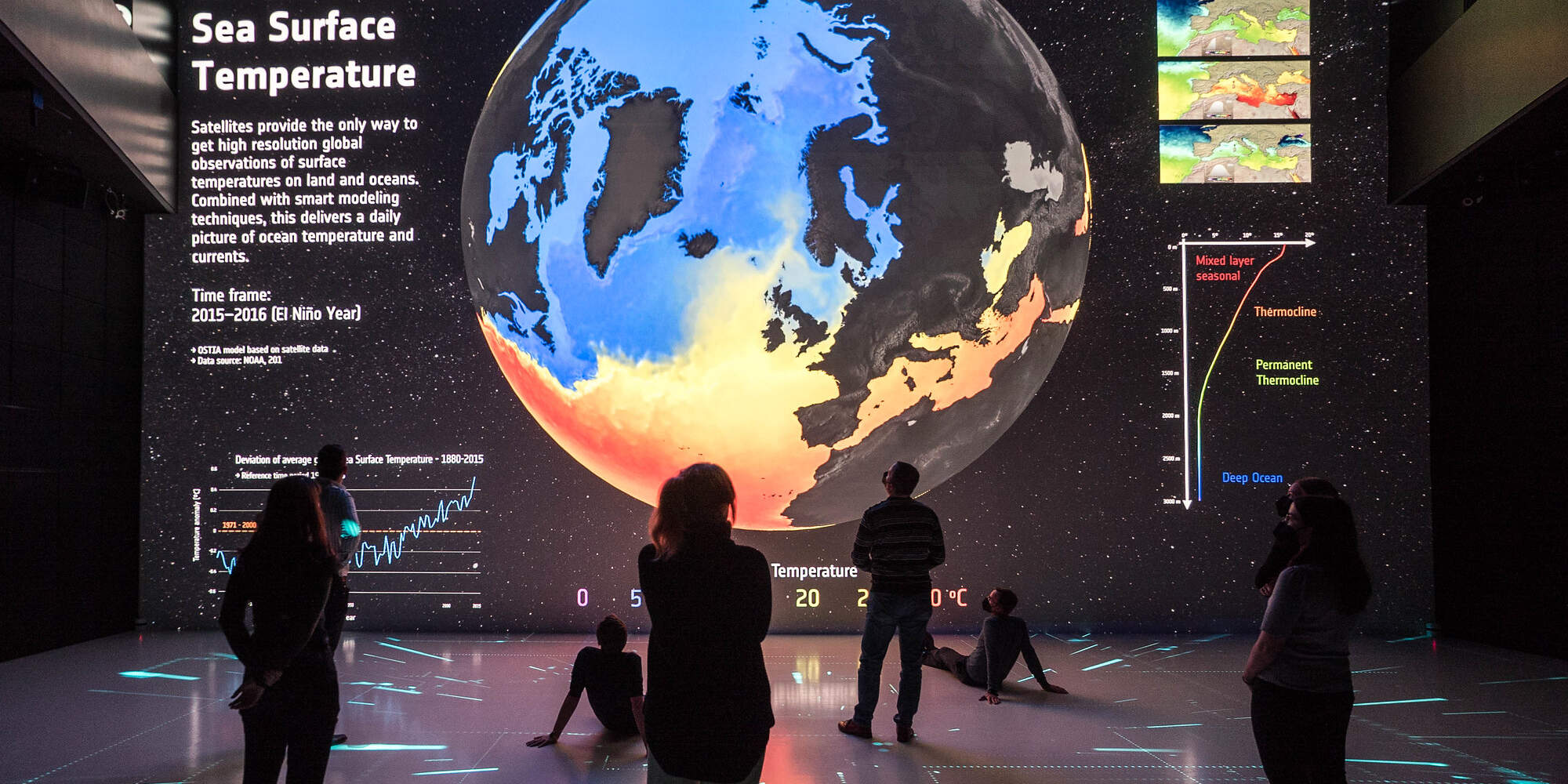When we talk about the “original” or the “real,” we often refer to nature. For us, nature is still what we consider to be real, original, and pristine. On one hand, we would like to live in a world where there are still untouched landscapes and which have not yet been completely changed by civilization, but on the other hand, technology is inexorably growing and developing.
The reason for this is that, while nature gives us a retreat from the hectic and technology-driven world, technology is improving our lives in some aspects. From access to information, communication, medical care or transportation, there is a lot involved. In doing so, humanity is excited about the advancements that are taking place in this area. Humans are also proud of what can still be achieved through our technological achievements.

Nevertheless, the impact of technology on nature should not be lost sight of and addressed. The production and use of technology can have an impact on the environment. For example, the production of electronic devices requires the mining of raw materials and the use of energy.
We should also not be blinded by the idea that technology will solve our problems. Nuclear fusion and other technological developments may be part of the solution, but they are not the answer to all issues. Humanity must continue to strive to solve our problems and make our world a better place.
In addition, we should also ask ourselves how to balance technological development with the protection of nature. Therefore, these advances should be sustainable and environmentally friendly.

Thought experiment: avenue of trees
Using the example of the avenue of trees as a thought experiment, nature conservation and the appreciation of nature can be symbolically illustrated. Here, one imagines an avenue lined with trees. This raises the question of ownership because who “owns” this avenue of trees?
On this it can be argued that no one can truly own nature because it exists independently of human ownership and is equally available to all living beings. Thus, the avenue of trees serves as a symbol that nature is a common heritage, something we all share.
The thought experiment is intended to stimulate reflection on the question of ownership of natural resources and ecosystems. In doing that, it challenges the idea that everything in nature can be owned or controlled. Instead, we are reminded that as humans, we have a responsibility to protect and preserve nature, rather than own it. To respect and sustainably use nature, rather than treating it as a possession, means promoting environmental sustainability, protecting the diversity of ecosystems, and respecting the rights of indigenous peoples and local communities who often have a deep connection to nature.
It encourages us to think beyond the notion of ownership and develop more sustainable relationships with nature. We are reminded that we are not the owners of nature, but rather its custodians and guardians.
Overall, we need to be aware that we as humans are responsible for our future. We must strive to create a world in which nature and technology can exist in harmony. Only in this way can we ensure a sustainable and livable future for ourselves and future generations.
More about the highlights of the Ars Electronica Festival 2023 can be found here.
